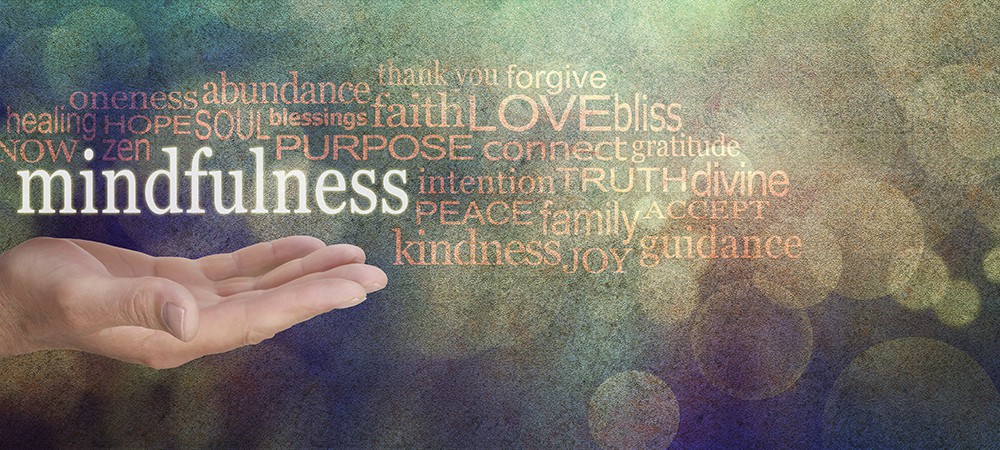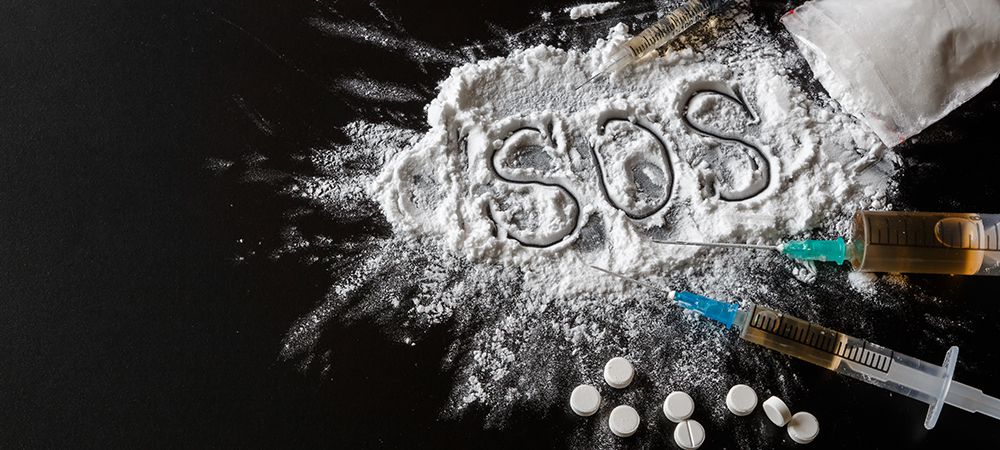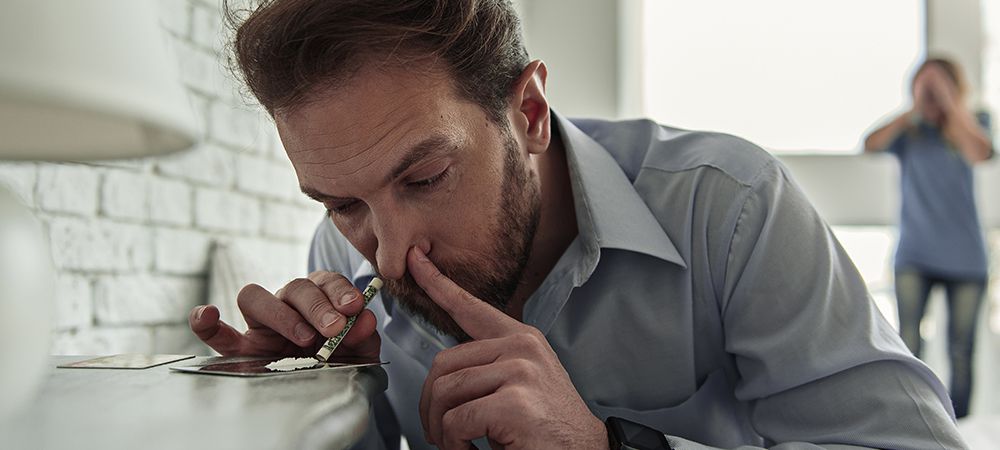
What Happens During Heroin Addiction Treatment?
Heroin is a semi-synthetic opioid that can be ingested by sniffing, smoking or injection. What makes it desirable to users is the rush of euphoria and the feeling of being detached from pain. These effects can produce a strong psychological dependence that leads to users seeking out larger doses of the drug to produce the same effects. Before long, users can find themselves in a position of having to take heroin multiple times a day in order to avoid withdrawal symptoms.
Since the start of the COVID-19 pandemic, border restrictions have cut off the supply of several street drugs. During this time, a dangerous mix of heroin and fentanyl has taken hold as the most popular street drug in parts of Ontario and Manitoba. This combination can produce intense, unpredictable effects, and it comes with a high risk of accidental overdose.
If you or someone in your life uses heroin, it is important to know what the short-term and long-term effects are, how to recognize a possible overdose, and how to safely withdraw from the drug and get the help that is needed.
What Are The Effects Of Heroin?
The general effects of heroin are well documented, but in recent years there has been a troubling rise of heroin combined with other substances, often without the user’s knowledge. As a result, the effects can be unpredictable, which poses a challenge for health care professionals responding to possible overdoses.
In addition, many people who use heroin also use other substances like alcohol, and this too can produce effects that are unexpected or unusually intense.
It should also be noted that the effects of heroin depend on several factors, such as the dosage taken, the age and state of health of the user, and the chemical makeup of the drug.
Short-Term Effects
Heroin is used because of the rush of euphoria that it produces. Other less pleasant side effects include the following:
- Nausea and vomiting
- Mental “fog”
- Dry mouth
- A sensation of weights in the arms and legs
- The skin feeling warm and flushed or clammy
- Drifting in and out of full consciousness
- Decreased respiration
Long-Term Effects
If you take heroin regularly over an extended period of time, you may be at risk of serious long-term effects. These include the following:
- Heart problems, such as infection or inflammation of the heart lining and valves
- Complications of the lungs, liver and kidneys
- Digestive complaints, such as constipation and stomach cramps
- Menstrual cycles that are irregular or absent
- Erectile dysfunction
- Disrupted sleep cycles
- Collapsed veins for those who take the drug through injection
- Damaged nasal tissue for those who take the drug through sniffing
- Depression, anxiety, suicidal thoughts or behaviour
What Is The Heroin Overdose Risk?
When heroin is used in high doses, breathing can slow down significantly, resulting in a shortage of oxygen to the brain. This can result in loss of consciousness, and in some cases, this can be fatal.
If you or a loved one are a regular user of heroin, it is important that you keep a naloxone kit nearby. Naloxone is available free of charge in most parts of Canada. It is an opioid antagonist that works by binding to the opioid receptors. This blocks the effect of any opioid drugs that are present, including heroin.
Naloxone should never be regarded as the sole treatment for heroin overdose; instead, buys time for you to get the heroin user to a hospital emergency room.
Heroin Risks To The Unborn Child
The use of heroin during pregnancy can be harmful to both the pregnant parent and the baby. Risks include death during or after childbirth, preterm delivery, low birth weight, and stillbirth. Babies may develop neonatal abstinence syndrome, where they suffer withdrawal symptoms from substances they were exposed to in utero.
Heroin Withdrawal
The withdrawal from heroin can produce symptoms that are uncomfortable and potentially harmful. These symptoms include nausea and vomiting, muscle cramps, diarrhea, anxiety, hot and cold flushes, and a watery discharge from the eyes and nose.
One of the dangers of heroin is that it is frequently mixed, or ‘cut’, with other substances without the user knowing about it. What this means is that withdrawal from heroin may be accompanied by withdrawal of another substance as well.
Safe Withdrawal Via Medical Detox
In order to stay safe during heroin withdrawal, it is recommended that you seek medical detox services. This way, you will have access to medical care throughout the withdrawal process. Symptoms will be treated as they arise, and you will come out of detox in a state of good health, ready to start the rehab phase of your recovery.
What Does Heroin Addiction Treatment Look Like?
A good heroin addiction treatment program is customised to the person who needs it. No two paths to addiction look the same, so the paths to recovery should cater to each individual. Addiction to any substance is rooted in context: it stems from trauma, stress, physical or mental illness, relationship difficulties, or some other cause. In order to treat the addiction, it is important to identify and treat the underlying cause.
Several therapies and methodologies are used in the treatment of heroin addiction.
Therapy
Individual therapy allows you to talk through your issues in a safe, confidential environment. You may also benefit from group therapy, where you can listen to the stories of other people who are struggling, and share your own experiences. Family therapy can help those who are struggling with their relationships with their loved ones.
Mindfulness
Practices like yoga, meditation, and mindfulness training are being used with increasing success in addiction treatment. These are effective tools for creating mental clarity, reducing stress, and improving concentration and self-awareness.
Creative Therapies
Many people need a creative outlet to facilitate their healing. Music, art, dance, and drama therapies provide avenues for self-expression and stress relief. These methods also give people a way to communicate ideas and memories that they are unable to put into words. If you do not feel capable of talking about your feelings, a more creative form of therapy can give you a safe way to work through those difficult emotions.
Health & Wellness
Heroin addiction can do a lot of damage to a person’s health. Most addiction rehab programs include a focus on healthy eating and physical activity, with a view to boosting the immune system and restoring health. With a healthy body, you are far more likely to be able to focus on other aspects of your recovery.
Preventing Relapse
Addiction rehab aftercare is important, especially for those leaving inpatient treatment programs. During rehab, you are in a protected environment, away from your usual stresses and triggers. Once you are back in the real world, you may be susceptible to the same triggers that kept you addicted in the first place. Addiction aftercare programs provide you with support to get you through those difficult times. They may include support lines, training and education, and check-ins with your addiction rehab team.
How To Get Started With Heroin Addiction Treatment
If you need help with a heroin addiction, either for yourself or a loved one, the staff at 1000 Islands Rehab Centre are ready to welcome you. As a top addiction rehab we will provide you with a safe environment that is free from judgment, where you can heal and learn the tools to cope without needing substances. Give us a call at (855) 929-4045. We look forward to being part of your recovery journey.




